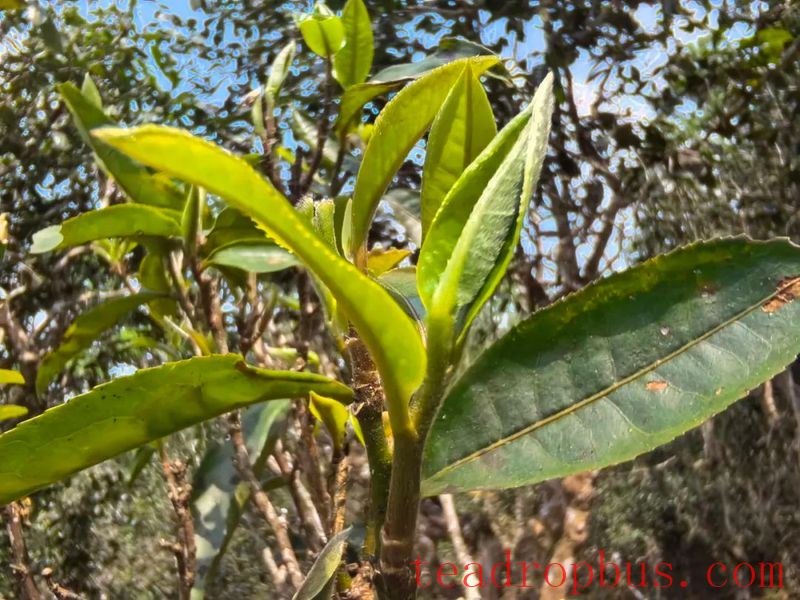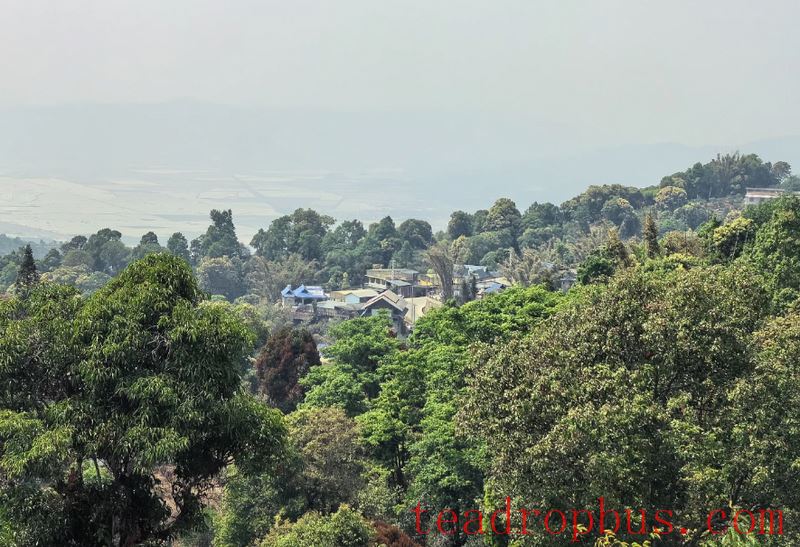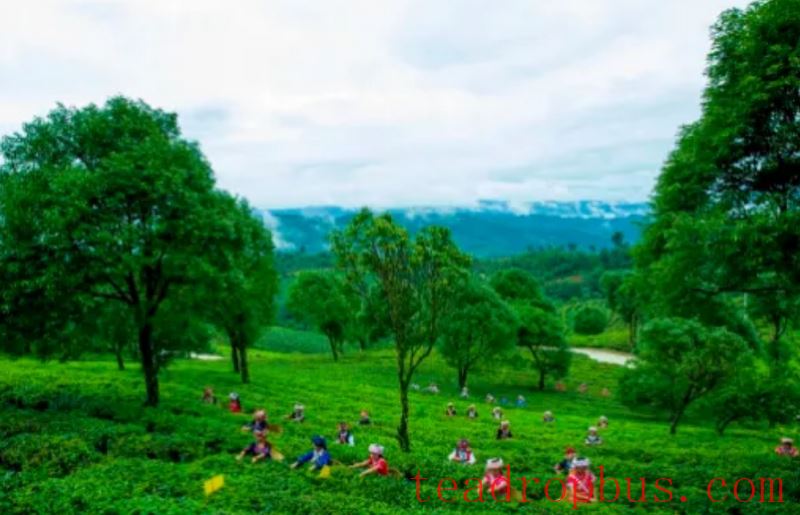Menghai Tea, nurtured by its lush green mountains and clear waters, has been passed down for thousands of years, culminating in twenty unique distinctions within the Pu'er tea industry: First, it is home to the world's oldest wild tea tree, located in Bada with an age of over 1,700 years. Second, one of the earliest groups to cultivate, produce, and consume tea, the “Pu people,” ancestors of today's Bulang ethnic group, originated here. The Bulang Mountain Bulang Ethnic Township is China's only Bulang ethnic township. Third, it boasts some of the world's oldest minority tea-growing villages, including the thousand-year-old Zhanglang Bulang village in Xiding Township, the Laoman'e Bulang village founded in 1881 in Bulang Mountain Township, and the 1,200-year-old Hani village of Nannuoshan in Gelanghe Township. Fourth, it is home to the world's oldest cultivated tea tree, located in Nannuoshan and estimated to be over 800 years old.

Fifth, it has the world's largest area of century-old cultivated ancient tea groves, covering 56,000 mu (approximately 3,733 acres). Sixth, it is home to the world's largest contiguous area of cultivated ancient tea groves in the He Kai region, spanning 16,000 mu (approximately 1,067 acres). Seventh, it is the largest county in terms of Pu'er tea plantation area in China, with a total area of 905,900 mu (approximately 60,393 acres). It was also the first region to implement the ecological tea-planting method of intercropping tea with camphor trees, which not only prevents pests and diseases but also imparts a distinctive camphor aroma to Menghai Pu'er tea. Ninth, it is home to the world's first mechanized Pu'er tea factory, the “Fohai Experimental Tea Factory” (the predecessor of Menghai Tea Factory), established in 1938 and having a glorious history during the War of Resistance against Japan. Tenth, it produces the world's most renowned Pu'er tea brand, “Dayi,” which is hailed as the “No. 1 Brand” of Chinese Pu'er tea.

Eleventh, it is the earliest base county for exporting Pu'er tea in China, where “Menghai tea” serves as a cultural diplomatic carrier along the ancient Silk Road and Maritime Silk Road to various tea-drinking countries. Twelfth, it is the origin of the Yunnan-Tibet Tea Horse Ancient Road and the starting point for caravans heading to Tibetan regions; some of the tea even reaches India and Nepal from Tibet. Thirteenth, it pioneered the world's earliest Pu'er tea fermentation technology, which was successfully tested at the Menghai Tea Factory in 1973. The Dayi 7572 formula produced in 1975 is considered the benchmark for assessing ripe Pu'er tea. Fourteenth, it possesses the world's most advanced Pu'er tea production techniques; in 2008, the “Dayi Tea Production Skills” were listed as part of the second batch of national intangible cultural heritage. In 2025, Dayi introduced its first high-tech fermented ripe tea, Yi Yuansu (Formula A), marking a new era in Pu'er tea fermentation technology. Fifteenth, it houses the earliest and most professional and authoritative Pu'er tea research institution, the “Yunnan Academy of Agricultural Sciences Tea Research Institute,” founded in 1938. The Menghai Pu'er Tea processing Engineering Technology Research Center was established in 2008, and the “Dayi Group – Menghai Tea Factory Postdoctoral Research Station” was set up in 2010. In 2016, the laboratory of its technical center became the only “CNAS Enterprise Laboratory” certified in the entire Pu'er tea industry in China.

Dayi's Ten Thousand Mu Pu'er Tea Garden Base in Bulang Mountain
The tea industry is a traditional pillar industry in Menghai County, and successive county party committees and governments have placed great importance on its development. Currently, Menghai County is guided by President Xi Jinping's important instructions regarding the development of “Tea culture, tea industry, and tea science.” It is implementing the goals of the Yunnan provincial government to create a world-class “green food brand” and leveraging the “three development orientations” of the Xishuangbanna Prefectural Party Committee and Prefectural Government. Efforts are being made to strengthen tea garden management, improve processing techniques, standardize industrial development, enhance brand benefits, accelerate the green and sustainable development of the Menghai tea industry chain, promote the integration of primary, secondary, and tertiary industries, and transform Menghai into a hub for Pu'er tea production, processing, branding, trading, quality control, storage, academic research, and ethnic minority culture. Ultimately, this will establish Menghai as the “No. 1 County of Chinese Pu'er tea” and a “demonstration county for the modern Pu'er tea industry.”
Menghai, a city that has grown out of tea forests. This miraculous leaf has become a vital medium for Menghai's internal and external connections. This fragrant aroma, wafting from ancient times, continues unbroken into the future, growing stronger and more widespread, perfuming the globe.